The six pou of Mata Ārahi Manomano drive the questions we have used to profile Māori & Pacific role models, like JJ, in the Service sector.
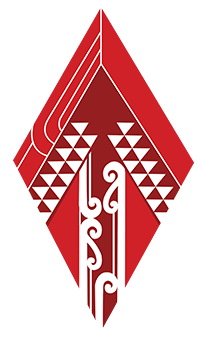
|
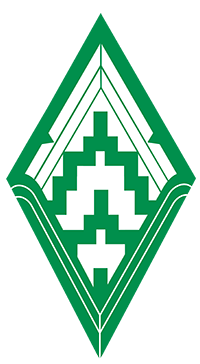
|
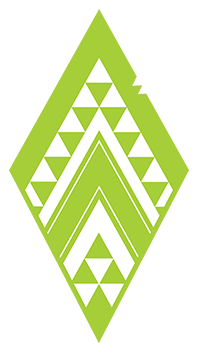
|
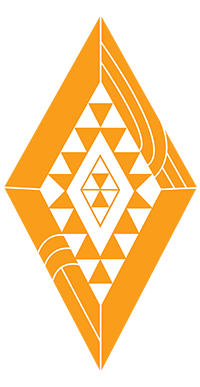
|
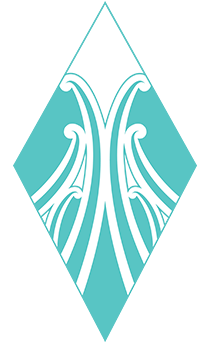
|
|

Representing the levels and forms of aroha that can be found throughout our lives across our many communities. We acknowledge the wide range of obstacles and the journey it takes to overcoming everything that stands in our way to expressing aroha within.
Ko JJ Ripikoi tōku ingoa
He uri tēnei no te Taitokerau whānui
He tātai hononga ki tēnei ki Ngati Kahu ki Whangaroa, Ngā Puhi Ngāti Hine mai ētahi Muriwhenua
Kei te hiku o te ika e noho ana inaianei
Ko au te Kaiwhakahaere o Aupiki Travel
When I look at Māori strengths, it’s the ability to look outside the ordinary. Being able to look at things or careers that we don’t usually see ourselves in and just going for it anyway.
You know, even with skills I’m a bit of a hautūtū so I give things a go until it works and then I’m on to the next, whether that’s a strength or a weakness. It’s probably a bit of both because I struggle to stay engaged in one kaupapa forever.

Seeking guidance from our kaitiaki Hiwa-i-te-rangi, we take a journey through our different aspirations, goals and dreams. This tohu acknowledges hard work, wisdom, the reach of ones goals and the desire that comes from this mahi.
I remember seeing planes fly over our kura every day. I always thought that would be a cool job, to fly around the world, and getting paid good bucks.
Whaea Hilda Harawira, the tumuaki at Te Aniwaniwa, knew my aspiration. She organised for this Māori pilot from Turangi to bring his plane up to Kaitaia Airport – which was next door to our kura – and six of us went up in the air with him. We spent over half an hour each flying the plane. That set in stone what I wanted to do.
I got a head start on my private pilot’s licence papers at Kaitaia Aero Club, and when I turned 18 I was accepted at Southern Wings Aviation College in Murihiku in the deep south. It was a bit of a culture shock, but I realised I was privileged to be there and I eventually completed my commercial pilot licence, and private pilot licence.
At the time, Covid had basically wiped out the whole industry. But you can’t just sit around, so I navigated a bunch of different mahi, including event management, project management, some mahi with one of our Māori NGOs up north, and government contracts.
I also saw there were no Māori-owned and operated travel management companies. Once again, that hautūtū side of me came out and thought, why don’t we have a Māori-owned one? What would it take?
Today, I’m running the only Māori-owned and operated travel management company. We are still in the growing phase but looking to provide opportunities for more rangatahi Māori like me.

With adventure comes challenges as well as obstacles to overcome. We stand proud as we overcome these obstacles. This tohu draws inspiration from the Niho Taniwha and Aramoana patterns. We acknowledge reaching our destination and preparing ourselves for the many new adventures ahead.
One of the core functions is around coordination, and management, from the hearings, right down to travel management. Even with flying, it’s all about how you coordinate the kaupapa ahead of you. It’s the desire to do something different that people aren’t doing, and even if I don’t know how to do something, I wanna do it anyway.
I get asked quite often, how hard is it man? It isn’t that hard at all. There’s a bit to learn on the paperwork side of things, in terms of study, it’s quite involved – you have to learn the full end-to-end of how an aeroplane works. But when we’re talking about the motor skills and being able to fly and respond to normal situations, that’s something that comes inherently to Māori, I believe.
I think one of the reasons why not many Māori get into flying is that we don’t always see ourselves in that role. I’m not saying there are no Māori in aviation because there are, and it’s slowly increasing. We just need a couple of Māori champions who are in there currently and can showcase a heck of a lot.

These patterns represent bravery and being strong in the face of adversity. We strive to be persistent and positively challenge anything that threatens to alter, restrict, and put a barrier in the way of our desired pathway.
There’s a few. Within the aviation pathway alone, when I was still studying, that was more of a solidifying of that aspiration, to then completing the degree. Getting my commercial pilots license was another defining moment. But then with Covid, you’re thinking ohh hika I’ve done it, but now the whole industry is shut down. It’s easy to get all doom and gloom about that. I’ve got 120k invested and thinking ohh, it’s all for nothing?
In fact, the opportunity to start up a Māori travel management company is another defining moment. All these different kaupapa that I’ve been involved with have allowed me to see this gap in the market and I’ve just jumped in. You don’t have to have it all figured out before you make the jump.

Here we are drawing inspiration from the Pūhoro pattern. The pūhoro is used here to represent the strength, speed and agility needed to move forward and accomplish ones goals.
Now is the time to get into aviation. Pre-Covid they were looking at a shortage of half a million pilots for the next 25 years. Now, that demand has increased even more, because a whole lot of older pilots have retired. But I would be cognisant of the fact that there is that gap post-training to where you need to build up those hours that the airlines require, so you need to be prepared to make that sacrifice or investment.
The reason why I liked the whakaaro of Aupiki, is that I’m building a business that blows the other ones out of the water, because as Māori we understand the concept of manaakitanga, right? We know how to look after people, we see it all the time on the marae. That’s just what we do.
Aupiki’s point of difference is that we want a large proportion of our team matatau i te reo Māori. If I look at tauira that are in kura Kaupapa, some Māori may not know what they want to do for their career, and travel management is an easy win for them, even if it’s just a placeholder career, cause it doesn’t take long to train up.
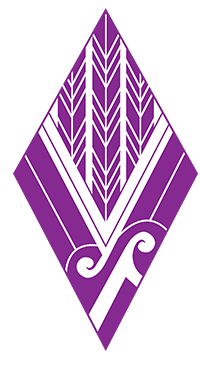
Success, best mentioned in the whakatauki “Tūwhitia te hopo, mairangatia te angitū!” Feel the fear and do it anyway!
Being able to fly the whole length of the country, just me with my brother in the passenger seat. My brother was shocked because we were on the other side of the security fence and he asked, ‘Are we meant to be here? Are we allowed to be on this side?’
One of the big ones is actually just having conversations, and we’re about to sign off an agreement with Te Matatini around travel management, which came from a conversation with a Te Matatini leader.
What I’ve learnt with business is that it’s not an easy road, it’s up and its down. I know that it also comes down to the environment in which rangatahi were brought up and I’m fortunate that I come from a family where nothing was impossible.
My dad has been a truck driver since way back, to provide for the rest of the whānau, and my mum and her two Samoan sisters started the first all Māori and Pacifica women’s law firm about 30 years ago, in Tamaki Makaurau.
So, I’ve inherited this passion to push, push, push or do things differently. I truly believe in this kaupapa, ‘We be who we see.’